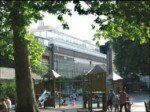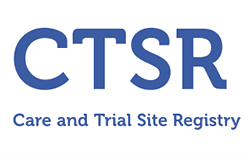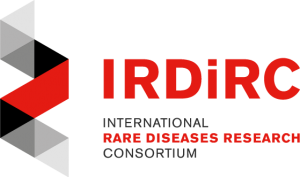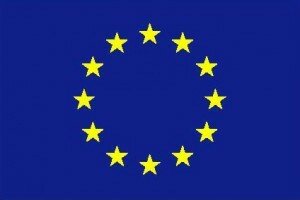Institute of Child Health

UCL Institute of Child Health (ICH) which, together with its clinical partner Great Ormond Street Hospital for Children (GOSH), forms the largest concentration of children’s health research outside North America. ICH pursues an integrated, multidisciplinary approach to enhance understanding, diagnosis, therapy and prevention of childhood disease. A broad range of paediatric issues is covered, from molecular genetics to population health sciences. All specialties as they relate to children’s health are included so that ICH fulfils the role of a world-leading academic establishment in paediatrics. In keeping with a commitment to disease prevention, ICH is active in teaching and research aimed at developing interventions to promote health both during childhood and in the later years of life. This multi-disciplinary approach is necessitated by the important principle that the child is not merely a small adult.
ICH was established in 1945 and, in 2006, joined UCL’s newly-formed Faculty of Biomedical Sciences, becoming the largest of its 14 Divisions and Institutes. ICH has maintained a particularly close relationship with GOSH throughout its sixty-three year existence. These close links have enabled ICH to pursue medical research in the context of child health and disease, based upon an integrated approach of careful clinical observation and scientific investigation. This allows an understanding of disease mechanisms and, in turn, leads to precise diagnosis and development of new therapies.
The Dubowitz Neuromuscular Centre (DNC) is part of the ICH. It provides a multidisciplinary service as a leading clinical and research centre specialising in neuromuscular disorders affecting children. The DNC provides clinical assessment, diagnostic services and advice on treatment and rehabilitation. The DNC is also involved in clinical trials, basic research focusing on understanding the cause of neuromuscular diseases in childhood and identifying novel therapeutic intervention.
UCL Institute of Child Health’s Mission Statement:
Improve the health and wellbeing of children, and the adults they will become, through world-class research, education and public engagement.
Role within Neuromics
UCL Institute of Child Health is the disease coordinator for congenital muscular dystrophies and myopathies (CMDs/CMY). Through the use of UCL clinical cohorts of patients and resources of the ENMC consortia and TREAT-NMD network, we will provide deep phenotypic characterization of 150 patients with undiagnosed CMD and CMY. We will also be involved in the identification of novel disease genes in the selected CMD and CMY patients by applying whole exome sequencing. Furthermore, we will test and validate an indirect approach for treatment of CMD by correcting the affected pathway. UCL Institute of Child Health will contribute mainly to SP1: Deep phenotype analysis and OMICS-based identification of novel genes, modifiers and biomarkers: WP1 – Deep phenotype analysis in presymptomatic and symptomatic NDD/NMD patients; WP2 – Identification of novel disease genes in NDD/NMD patients and SP3: Omics to elucidate pathogenesis and guide therapy: WP9 – Omics-assisted therapy development.
Related projects
Workpackage involvement
-
Workpackage 1 - Deep phenotype analysis in pre-symptomatic and symptomatic NDD/NMD patients
-
Workpackage 2 - Identification of novel disease genes in NDD/NMD patients
-
Workpackage 9 - Omics-assisted therapy development
-
Workpackage 8 - Bioinformatic tools for diagnostic prediction



